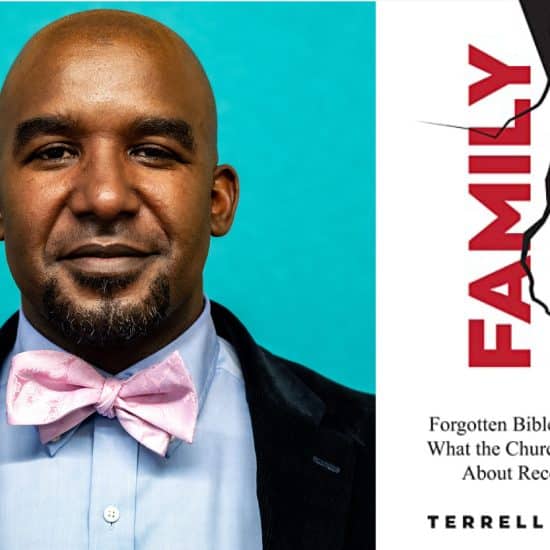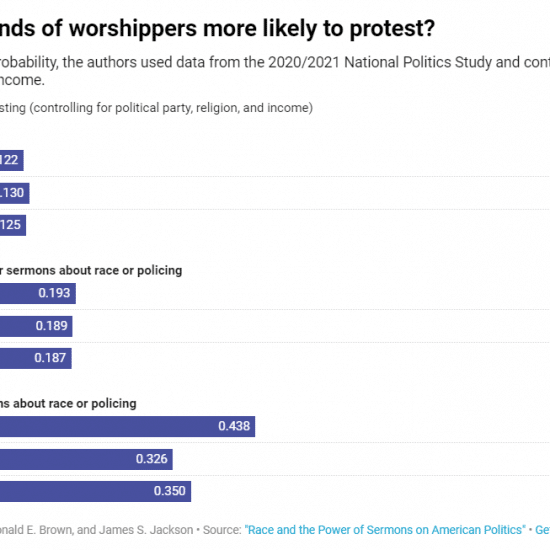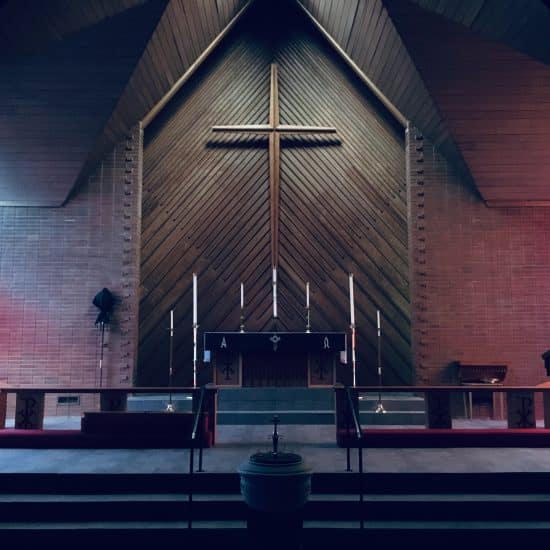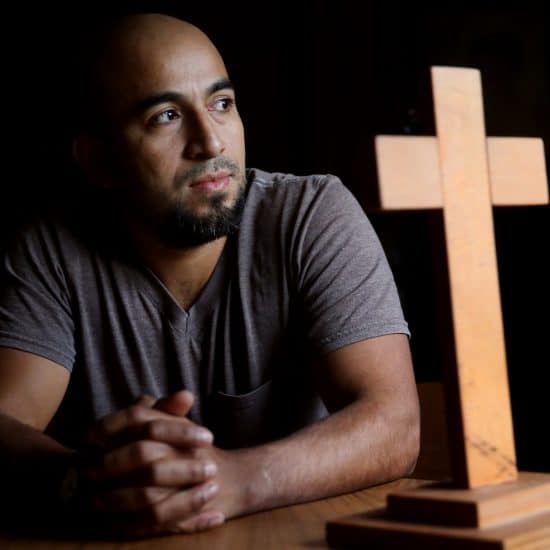ROCKWALL—Andrew Daugherty sees success where others might only have glimpsed failure when Christ Church Baptist in Rockwall ceased to exist as a congregation four years after it launched.
Should the death of a new church be considered a failure? That depends on the definition of success. Estimates of church plant failures range from less than 2 percent to as great as 80 percent, depending upon the study.
“I think we have to really define ‘success’ and ‘failure’ in context,” Bo Prosser, the Cooperative Baptist Fellowship coordinator for congregational formation, explained.
“If success is simply replicating what we already have, very few of us will mirror success. The times are too fluid and the contexts too diverse.
“If failure is when the church no longer meets, that is simply too narrow. The new work is impacting the faith of those who’ve been alienated from organized religion. It is engaging those who for too long sat dormant in a pew.”
Wayne Faison, leader of the Baptist General Association of Virginia’s Courageous Churches team, defines success in terms of relationships. The new church has a stronger chance of becoming a planting church itself if it concentrates on building relationships first.
“The main thing is not to launch a church in isolation. Provide a support system that includes money, training, relationships, being sensitive to the context and being aware of the changes in the expression of church,” Faison said.
When church leaders and members—even in a new work—recognize the organized expression of their faith must end, they can do so with “dignity and class and grace” just as Christ Church Baptist did, Daugherty believes. “We truly believed (that) as a church, we had fulfilled the mission God gave us.”
Daugherty, who had been a pastoral resident at Wilshire Baptist Church in Dallas, served as founding pastor for the new church with Wilshire as the sponsoring congregation. The plant targeted church dropouts in an area overshadowed by a megachurch and several smaller Baptist congregations.
“It’s an area with no church presence like we brought to it,” George Mason, Wilshire’s senior pastor, explained. “In the shadow of a big megachurch … and with the other churches almost all conservative in nature, we thought there might be a vein of moderates. There are moderates, but a lot had given up on church.”
The new church’s God-given mission, Daugherty believes, was to reach those who felt some Christians had judged them or had reacted with spitefulness. Many left their churches because of the demands of committee and other responsibilities, and others because of poor pastoral leadership.
“We were able to connect with so many of these open-minded and open-hearted people who found community again. It was real grace,” he said.
Christ Church began with a handful of people meeting in Daugherty’s living room and help from Wilshire Baptist, the Baptist General Convention of Texas and the CBF. And it grew, eventually outgrowing the living room and moving to an elementary school cafeteria and then to a local private music studio.
But it could not keep pace with economic realities. Daugherty described it as a “locally owned Mom and Pop” restaurant trying to keep pace with a franchised place.
“And of course, the Great Recession had a real impact on us the past year or so,” he said.
Members committed the last 10 weeks of the church’s life to using its resources to love God, grow in faith and serve others.
“If there’s a good way to close a church, I think we did it. And the other miracle of it is that we were able to end well and all walk away as friends who loved each other to the very end. That sounds like gospel to me,” Daugherty said.
“Failure would have been not having the courage to plant a church in the first place.”






